Oh, Millennials.
Who are you? What do you want?
How can we figure you out?
Are you some kind of unicorn?
These are the questions that corporate America has been struggling with since the Millennial generation – individuals born roughly between the early 1980s and early 2000s – began entering the workforce in earnest. The easy answer is to try to define Millennial traits with over generalized platitudes.
Stop me if you’ve heard these before:
“Millennials just want to climb to the top without putting in the work.”
“They can’t be bothered with schedules and deadlines.”
“Every millennial wants a participation trophy and doesn’t care about the ‘score’ or about winning and losing.”
This generational stereotyping is not new but, for this generation, it has taken on a negative and disparaging tone.
But are these characterizations warranted? Are Millennials any different than the generations that came before them, or are they unfairly maligned?
I’d argue that Millennials aren’t the unheralded force of change that many people believe, and as such, the correct approach is one that embraces the fundamentals of culture development and people management. Here’s why.
How it All Began
This type of stereotyping has been going on at least since the early 90s with the rise of Generation X.
The anxieties about Gen X will probably sound familiar: What is the establishment to do with a whole generation of people who are trying to fundamentally redefine the status quo?
When you look at generations with a longer lens, you begin to see that everyone, regardless of when they were born or the circumstance in which they grew up, is essentially looking for the same things – an opportunity prove their worth.
The only real difference is in how they are asking for and expecting those things to be delivered.
A cottage industry has developed over the last 20 years that is focused solely on how to manage the next generation of employees entering the job market.
This industry has written books, commissioned studies, and produced countless hours of podcasts and keynote speeches, all on one topic – how to work with, manage and, essentially, control the new generation of intelligent, hard working people entering the workforce.
These same so-called “experts” espouse their opinions that Millennials are some sort of new breed entering our workforce who will fundamentally change the way in which we do business and nothing will ever be the same.
The thing is, that’s all bullshit.
Let’s get real for just a minute. Every generation looks at the generation coming behind them as a threat to their way of life. The young and hungry are here to overtake the throne.
With them, they carry the baggage that previous generations have left in their wake as they try to improve upon what their predecessors have done before them.
This has been happening since the dawn of modern industry and has only recently been exacerbated by technology’s accelerated rate of change.
Full disclosure, I fall on the cusp of Gen-X and Millennials. Anna Garvey wrote a great post in 2015 about the “Oregon Trail Generation” that speaks to me and provides the basis for picking the attributes from both generations that speak to me. Don’t blame me for cherry picking. Blame my parents for having me when they did. (Btw… thanks Mom and Dad. Love you.)
It’s hard to argue the impact of technology of life and business over the last few decades. Technology has been advancing for everyone at an exponential rate for at least the last thirty years or so.
Just as the telephone augmented the speed of business communication, the computer and then the internet accelerated this communication at an unprecedented rate, speeding up the business cycle at a pace that continues to this day.
When it comes to new technology, the latest groups to enter the workforce are always going to be the savviest because they have grown up with it. It’s second nature for them.
As we’ve moved from a labor intensive to a knowledge based economy, the workplace has been slow to adapt.
It’s not Millennials that are changing the workforce, it’s the nature of the work.
Let that sink in for a second. Crazy, right?
So What Does This Mean For You?
How should a company address the challenges of managing millennials in the workplace?
I propose the answer is not a new technology platform or a seismic shift in the way that we manage people, but rather a renewed focus on the fundamental principles motivating your workforce, regardless of the year they were born.
Which begs the question: “What motivates everyone?”
If you ask an executive or HR pro, the list of typical answers will include things like money, medical benefits, flexible schedules, perks, etc. These responses are not necessarily wrong, but they are only focused on extrinsic motivational factors.
A big paycheck will drive a lot of people but it won’t keep them engaged and motivated for the long haul. Instead, the focus needs to be on intrinsic factors.
What are the things about the actual job and the way that the work is completed that keep people coming back and giving their all every day?
In my ongoing efforts to optimize workforce productivity and elevate people to be the best versions of themselves I’ve found that there are 4 key factors that continuously drive people to greatness. in their work, no matter their age.
Those factors are; stimulating work, recognition, rewards for a job well done, and a healthy work environment. Let’s dive into each individually.
Stimulating Work
The foundation. The work needs to be stimulating and challenging.
Obviously, this can mean different things for different people, but how the work is communicated and positioned is everything. Namely, people need a purpose and they need to know their work matters.
They need to know their work is connected to the company’s mission, vision and goals. I can’t stress enough the importance of every employee having a line of sight from their day to day work product and how it impacts the company.
It’s not always easy to do, but it needs to be defined and communicated thoughtfully in order to get an employee’s buy-in.
Recognition
Disclaimer: Not everyone needs or wants a trophy.
In my experience, there is a large percentage of the workforce that wants nothing to do with public recognition for a job well done (myself included). What people and employees do need is some sort of acknowledgement that there work matters and is valued.
Most of the time, a simple smile and a “Thank You” from their manager or senior leader is all that matters. Getting a shoutout from your manager on a recognition software like Nectar does give you a warm and fuzzy feeling. I will be the first to admit it. I’ve also found the use of handwritten notes to be very powerful as well.
Other times, it’s something else. The only 100% true answer I can give you on this is to get to your employees on a personal level and find out how they liked to be recognized and respect their answers.
Then, when it comes time to point out how great they are doing, use the right tool to show it.
Tip: SnackNation tested and reviewed a number of top employee recognition softwares in this article: The Best Employee Recognition Software Platforms For 2022. Hope you find it helpful when looking for the right strategy to recognize others at your company!
Rewards
A very similar philosophy to recognition, but again, different for everyone. Some people don’t need or truly value more money, so don’t rely on it as the only tool you have for rewards.
Rewards can include the ability to work from home one day a week, taking a Friday afternoon off, a gift card to Starbucks, or quite simply, putting the employee on a big project.
The biggest takeaway is getting to know your employees and reward them in accordance with what they really want. Some may be totally stoked to see a curated employee care package from Caroo show up on their doorstep.
Others may want to try something new on their day off! At the end of the day, I think it can go a long way with your coworkers if you take a second to recognize who they are and what kind of reward they might appreciate.
Check out our list of 121 Ways to Reward Employees if you’re looking for some new and unique ideas such as:
Healthy Work Environment
A healthy work environment is, again, different for every company and every employee.
I’m a firm believer that every healthy work environment is built upon communication and, as an extension, trust.
When it comes down to it, you have to ask yourself:
Does everyone on your team know and believe that you have their best interests at heart?
Have you clearly communicated why their work matters and how they can benefit from continuing to provide a great work product?
Do they have a purpose and do they feel valued?
These are all “soft” questions and the answers to these questions do not lend themselves to a one-size-fits all approach. They require constant attention, recalibration and an individualized approach.
Lots of practice and lots of work. Nothing great ever comes easy, does it?
In summary, blanket approaches and processes will not solve your generational problems.
One monolithic process for performance management or training and development will not work. Our companies and the jobs within them don’t function that way anymore.
So why do we continue to try to solve new issues with antiquated process solutions and expect different results? Because it’s the easiest way to manage people.
The companies and, more specifically, the individual managers who take radical responsibility for ensuring that their teams (1) have stimulating work, (2) are recognized and rewarded according to their individual values, and (3) have a crystal clear purpose will be positioned for sustained success and will become a magnet for talent.
A cool/hip product, beer kegs, unlimited vacation and great perks may get people in the door but, the focus on stimulating work, rewards, recognition and a healthy work environment will keep them there for the long haul.
Do you want your company to be a flash in the pan or a company others strive to become and employees (Millennials or otherwise) flock to be a part of?

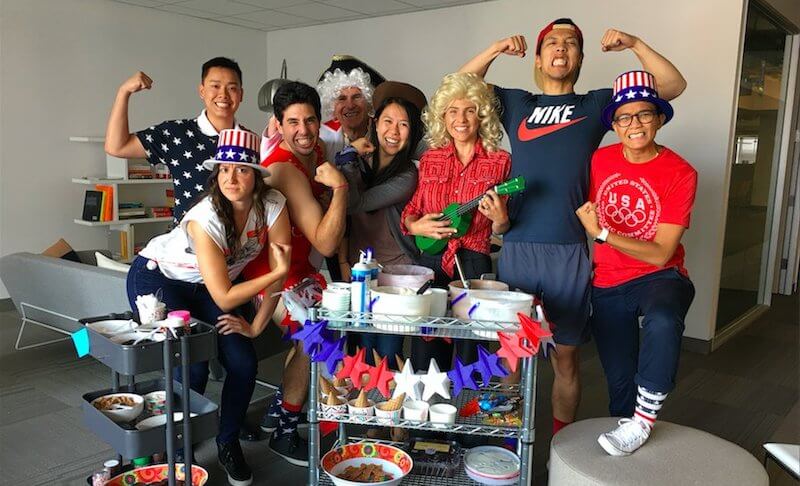



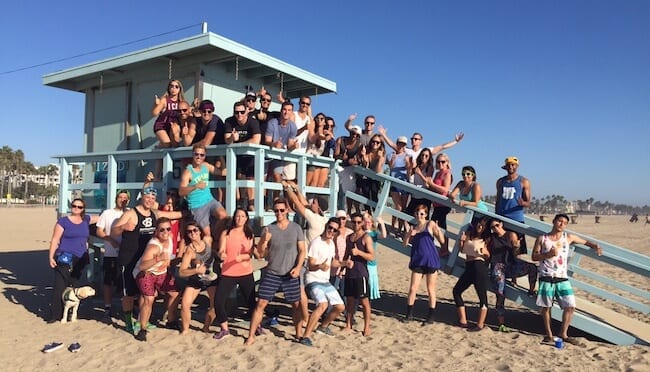
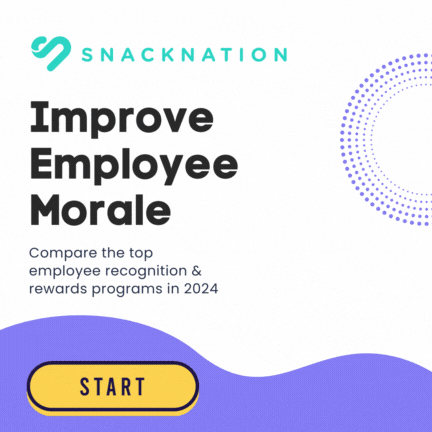
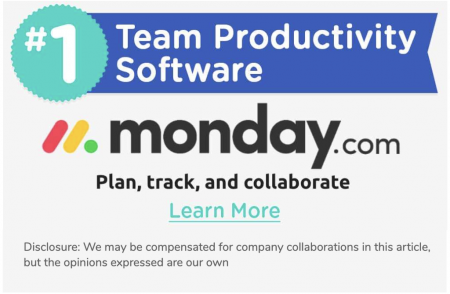

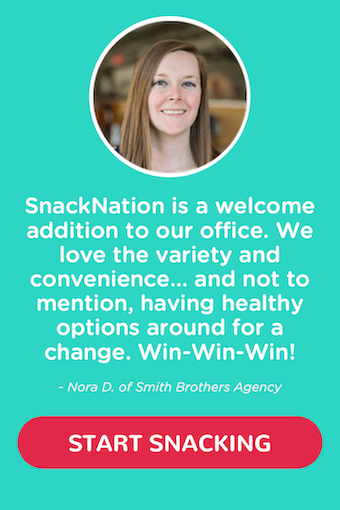



I don’t disagree that every previous generation thinks of the ones behind them as troublesome, entitled, etc. And, I don’t think people in any generation see themselves the way others see them – Gen x, Gen y, etc. That said, as an organization with almost 70% Millennial employees, I think many of the stereotypes are spot on – the positive and the negative. I also I think they are extremely money motivated and even if everything else is fabulous, they will be engaged or less engaged or will stay or leave over money – even small amounts. Part of it is need – school loans, car payments, high rents, etc. However, unlike my generation, I find this group to be unwilling to wait for things. When they buy cars, they get really nice ones. They live in fancy apartments alone or with only one roommate. They travel and stay in fancy places, not backpacking hostels. They want the same lifestyle they grew up with and even though they can’t afford it, they expect it. This drives lots of the movement and impatience. I think they disguise it in terms like “development and meaningful work”, but mostly it is about money. The old salary ranges and merit increases over time don’t register – they want the mid-point salary day 1 or think they are underpaid – even if it typically takes several years to get there. To me, this is the main difference – I don’t think they are more/less mission focused or environmentally focused or anything else – very similar to other generations. They are WAY more money focused and they want it now.
Right on point article.”Employees do need is some sort of acknowledgement that there work matters and is valued.” Sometimes it is the simple things, like Bagel Tuesday or Ice Cream Thursday. Getting to know your employees is what it is all about. Saying Thank you can go a long way in boosting moral!
Doreen –
I couldn’t agree with you more! It’s 100% about engaging employees to better understand their wants and needs and reflecting your findings back to them by providing authentic and meaningful experiences.
Very good points covered and shared with my colleagues above. One thing left out that I believe is missing from the mind-set of most Millennials (not all of them) is their “effort” or lack there of. Technology is at their finger tips and unlike my generation, we had to research at the library, ask people who know and or do the ‘grudge” work to gain knowledge and answers to what we needed. Today, Google has all the answers and it doesn’t take any effort; only to have a cell phone with service. In my experience, only the winners were recognized, not the losers nor the other participants. Today, the expectation is that you get recognized / rewarded for participating without winning top prize. Where is the “try harder to win next time” in that? It’s just not there. Practice makes perfect, however, perfection doesn’t come without putting in the effort to practice. Millennials want to have a “friend” not a boss or manager, which is fine except that sometimes there needs to be that identity of direct report to management and senior management to executive. I think with the proper coaching of the HR Team, we will be better equipped and prepared to manage Millennials in any industry.